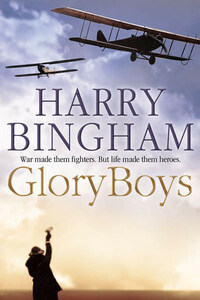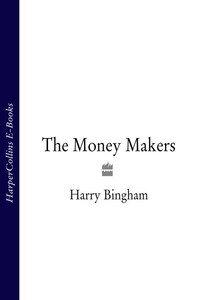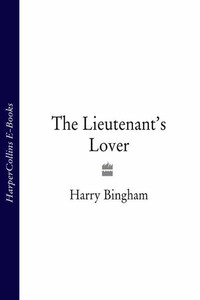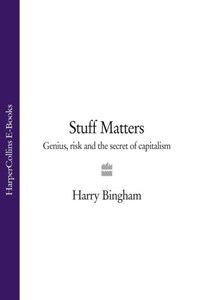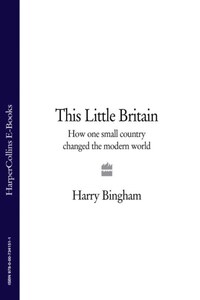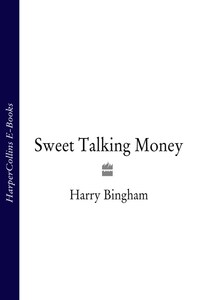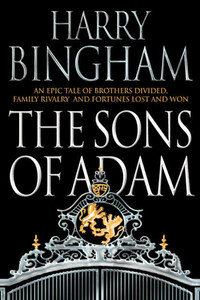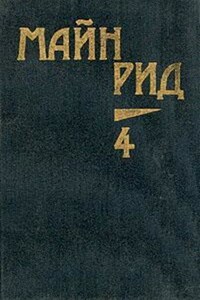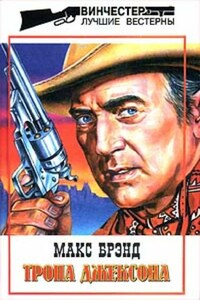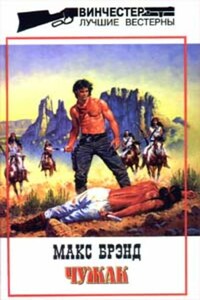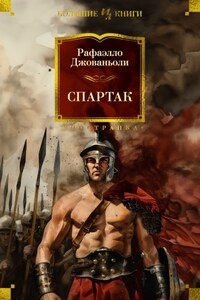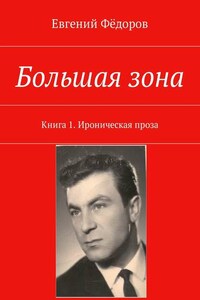Prohibition is an awful flop.
We like it.
It can’t stop what it’s meant to stop.
We like it.
It’s left a trail of graft and slime,
It’s filled our land with vice and crime,
It don’t prohibit worth a dime,
Nevertheless we’re for it.
From F. P. A., New York World
‘The aeroplane was very easy to fly and very forgiving to pupils’ mistakes, even to the extent of (usually) not killing them when they spun it to the ground… To start off with, and for some reason I could never understand, [it] seldom seemed to catch fire after a crash.’
Allen Wheeler, Flying Between the Wars
To begin with, it looked like nothing. A nick on the horizon. A moving dot. A speck of red and white against the smoky Georgian blue.
Herb Johnson, standing bolt upright on his wagon, followed it with his eyes. The little plane was flying low, carving an unsteady course between the twisting hills. Every now and then it rose sharply upwards, before beginning a slow glide earthwards again.
The town could boast four war heroes, but Herb Johnson was the only one to have seen the front line in France. Consequently, he was also the only guy in town to have seen an airplane. He wanted to hang on to the sight alone; be the only man in town to see it. He looked for a while, then sat back down on the wagon board and settled his hat back on his head.
‘Good God in the morning!’ he hollered. ‘Airplane! Airplane! Airplane!’
Something was wrong.
That much was obvious. The plane, now directly overhead, was gasping for breath. The engine would fire properly for a couple of beats, then choke, then fire again, then cut completely, then spurt back into temporary life.
‘That feller didn’t oughta stay up there,’ remarked Jeb Holling, with a considered tobacco-speckled spit on the ground. ‘That engine ain’t holding him up too good.’
The machine was a biplane, with red wings, a red nose and a clean white fuselage that seemed too bright in the sun. When the plane banked a little, they could see the pilot, no more than a leather-helmeted head and a pair of shoulders. Some of the kids waved, but the pilot must have been a surly type, because he wouldn’t wave back, not even to say hi to a bunch of kids who’d never seen an airplane before, let alone right up close, floating over their town like a giant dragonfly.
‘Ain’t so easy,’ said Johnson, who had quickly and delightedly established himself as the town’s aviation expert. ‘Them planes need an air-eo-drome. In France…’
The plane came back again, lower this time. They could see the pilot’s face better. They could see his lips moving, and he was waving this time, one leather-gauntleted hand gesticulating out of the cockpit, though in an angry kind of way, hardly the way to wave at kids. The engine was still bad and when it cut out, you could almost see the flashing propeller blades slow down.
‘Like to see it come down on my place,’ said one farmer from out of town. ‘Terraced fields like mine, it’d be like landing on a flight of steps.’
‘There’s the woods round by Williams Point,’ said another man. ‘That’d be the place all right. Come down into the trees…’ His words petered out, as he realised that his picture of airplanes roosting in the treetops probably contained more than an ounce or two of inaccuracy.
It was a kid who saw the truth first. Little Brad Lundmark, a red-headed kid, looking a couple of years younger than his fifteen years, yelled it out. ‘He wants to land here. He wants to come down right here!’
The kid was right. The pilot was criss-crossing overhead and waving. The plane continued to bob crazily in the air, pulling upwards when the engine was sound, drifting down when it sputtered. And when you thought about it, Main Street in Independence was about the only hard flat place for miles around. If you excluded those places which were dotted with cows or drainage ditches or trees or houses, then you might have to cross right over into Anderson County before you could find a better place to land.
‘Quick,’ said Johnson, anxious to regain his ebbing leadership. ‘Clear a space there, will you?’
Everyone pushed and shoved, until they had cleared a circle some forty or fifty feet wide. Herb Johnson winked and waved at the pilot, inviting him to come on down. Once again, the kid knew best.
‘He needs the street,’ shouted Lundmark. ‘He needs the whole street.’
Instantly, the street was cleared. Horses were led down side alleys. A couple of buggies were hauled and pushed to the side of the road. There were only five cars in town, but the one belonging to Gibson Hennessey, owner of the General Store, didn’t start too well in the heat of the day, so it was decided to leave them all. Men, women and kids, ran indoors to watch from windows, or stood in the shade of the verandas, until the whole town was lined up in two long rows that quivered with expectancy.
